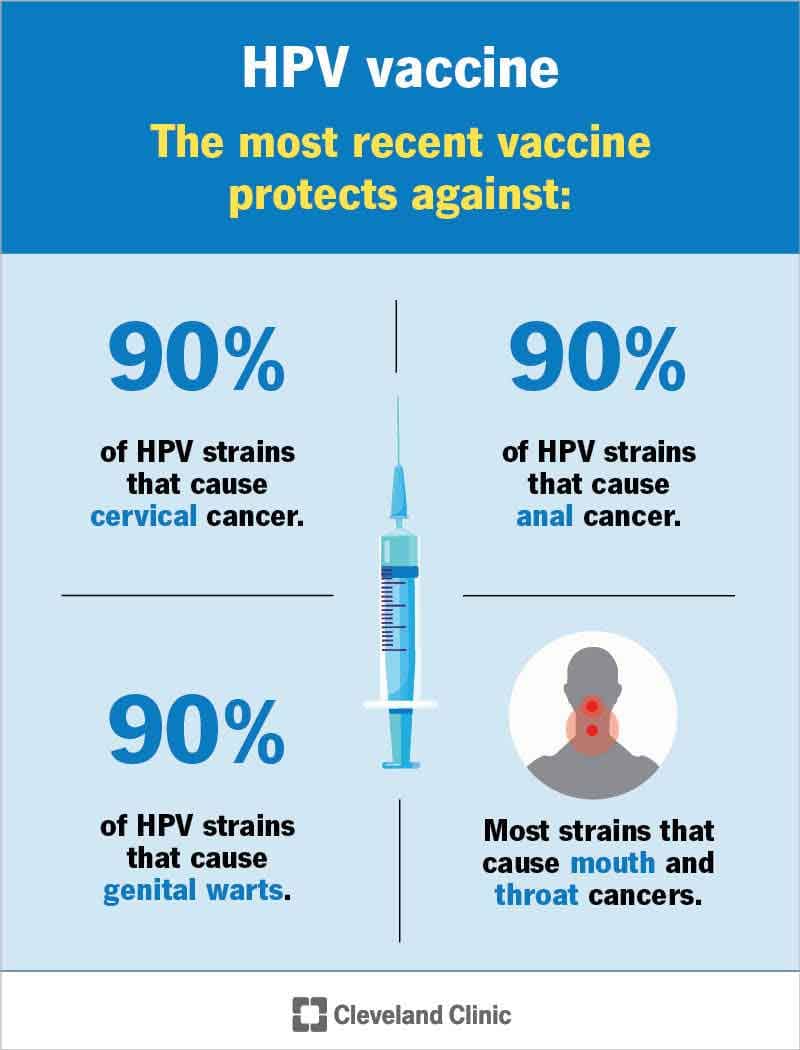Health Reporter
The World Health Organization (WHO) has made a groundbreaking announcement that Cecolin, a human papillomavirus (HPV) vaccine, has been confirmed for single-dose use.
This decision is based on new data that meets the WHO’s 2022 recommendations for alternative, off-label use of HPV vaccines in single-dose schedules.
“Unlike most other cancers, we have the ability to eliminate cervical cancer, along with its painful inequities,” said Dr. Tedros Adhanom Ghebreyesus, WHO Director-General.
“By adding another option for a one-dose HPV vaccination schedule, we have taken another step closer to consigning cervical cancer to history.”
Cervical cancer is a major global health concern, with over 95% of the 660,000 annual cases attributed to HPV. Every two minutes, a woman dies from this preventable disease, with 90% of these deaths occurring in low- and middle-income countries. Africa is disproportionately affected, with 19 of the 20 hardest-hit countries located on the continent.
The WHO’s global strategy for cervical cancer elimination aims to have 90% of girls fully vaccinated with the HPV vaccine by age 15. Dr. Kate O’Brien, Director of the Department of Immunization, Vaccines and Biologicals at WHO, notes that “given the continuing supply challenges, this addition of single-dose vaccine product means countries will have greater choice of vaccines to reach more girls”.
Key Developments:
- Increased Accessibility: The single-dose schedule adoption has resulted in at least 6 million additional girls being reached with HPV vaccines in 2023.
- Global Funding: Countries and partners have committed nearly $600 million in new funding towards cervical cancer elimination.
- New Vaccine Options: Walrinvax, a fifth HPV vaccine, has been prequalified by WHO with a two-dose schedule.
These advancements bring us closer to eliminating cervical cancer. With continued investment and increased accessibility to HPV vaccines, we can protect more girls and women from this preventable disease.
Zim GBC News©2024


